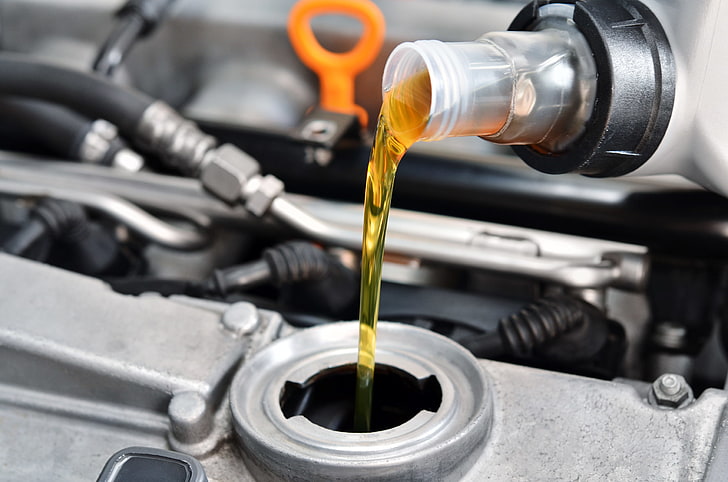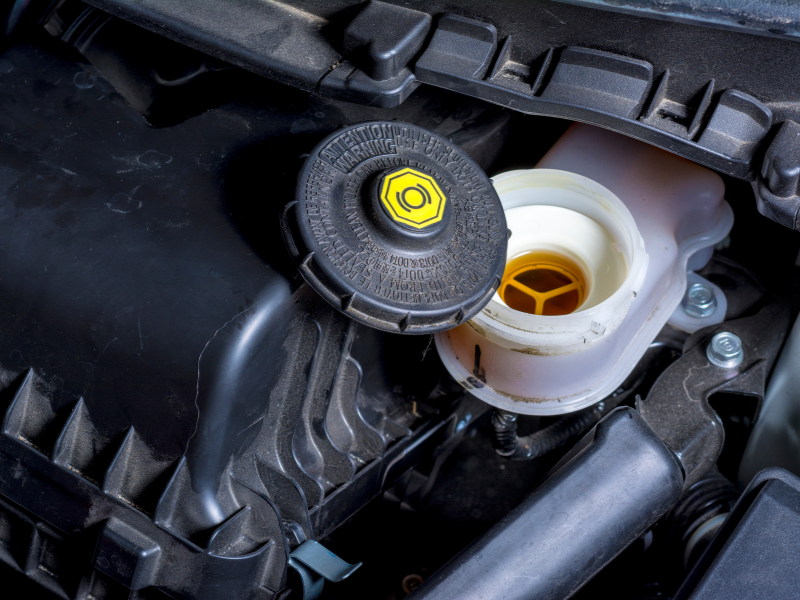High-Performance Automotive Lubricants for All Vehicles
Introduction
Automotive lubricants are essential for maintaining engine efficiency, reducing friction, and extending vehicle life. Whether you’re running a compact car, a commercial truck, or high-performance machinery, choosing the right lubricant can make all the difference. This guide explores the importance of automotive lubricants, their types, and how they support modern vehicles’ performance under various conditions.
What Are Automotive Lubricants?
Automotive lubricants are fluids specifically formulated to reduce wear and tear between moving engine parts. These oils and greases serve several critical functions:
Minimize friction between metal components
Prevent overheating
Reduce corrosion and rust
Improve fuel economy
Maintain engine cleanliness
The term “automotive lubricants” broadly includes engine oils, gear oils, transmission fluids, greases, and coolants.
Types of Automotive Lubricants
Engine Oil
Engine oil is the most common automotive lubricant, responsible for cooling and lubricating internal combustion engines. Options include:
Mineral Oil: Budget-friendly, suitable for older vehicles.
Synthetic Oil: Offers better protection, especially under high temperatures.
Semi-Synthetic Oil: A mix of mineral and synthetic, ideal for mid-range performance.
Gear Oil
Gear oils are high-viscosity lubricants used in transmissions, differentials, and gearboxes. They resist pressure and prevent metal-on-metal damage.
Transmission Fluids
These include automatic transmission fluids (ATF) and manual transmission oils, ensuring smooth gear shifting and reducing transmission wear.
Greases
Greases are semi-solid lubricants used in wheel bearings, chassis points, and universal joints for long-term lubrication.
Coolants and Antifreeze
While not a lubricant, coolants are crucial for temperature regulation. They prevent the engine from overheating and freezing.
Why Automotive Lubricants Are Vital
Enhances Performance
High-quality automotive lubricants ensure smooth operation, allowing your vehicle to operate at peak performance.
Extends Engine Life
By reducing friction and preventing metal wear, lubricants extend the life of essential components.
Improves Fuel Efficiency
When the engine operates smoothly, it consumes less fuel, saving you money in the long run.
Reduces Emissions
Efficient lubrication means cleaner combustion, which reduces harmful emissions and helps the environment.
Choosing the Right Automotive Lubricants
Consider Vehicle Type
Always use lubricants that match your engine and vehicle class — passenger cars, motorcycles, commercial trucks, or heavy equipment.
Check Viscosity Grade
Look for the correct SAE grade (e.g., 5W-30 or 10W-40) recommended by your vehicle’s manufacturer.
OEM Approvals
Use lubricants that comply with API, ACEA, or manufacturer-specific standards like Mercedes-Benz, VW, or BMW approvals.
Premium Automotive Lubricants for Every Need
When it comes to ensuring vehicle longevity, premium automotive lubricants from trusted manufacturers can make a substantial difference. They are rigorously tested for:
Thermal stability
Oxidation resistance
Anti-wear protection
High shear strength
Whether you’re in passenger transport, agriculture, construction, or motorsports, the right lubricants deliver superior engine protection and reliability.
Applications of Automotive Lubricants
Passenger Cars: Routine engine oil changes and transmission fluid top-ups
Trucks & Buses: Heavy-duty gear oil and greases for high-load operations
Construction Equipment: Lubricants that can endure extreme pressure and dirt
Motorcycles: High-revving engines need lightweight yet robust oils
Racing Vehicles: Performance-oriented lubricants with high-temperature resistance
Benefits of Synthetic Automotive Lubricants
Improved cold start protection
Longer oil drain intervals
Better high-temperature performance
Cleaner engine with fewer deposits
Less volatility and evaporation
Synthetic oils are often recommended for turbocharged engines, high-mileage vehicles, and extreme climates.
Eco-Friendly Lubricants on the Rise
Modern consumers are also shifting toward biodegradable and low-toxicity lubricants. These green alternatives help reduce environmental impact without sacrificing performance.
Storing and Handling Automotive Lubricants
Always store lubricants in:
Cool, dry locations away from sunlight
Properly sealed containers
Clearly labeled drums or bottles
Used lubricants should be disposed of properly through recycling centers or authorized disposal services.
Conclusion
Choosing the right automotive lubricants can greatly enhance vehicle performance, lower maintenance costs, and extend engine life. From engine oils to greases and transmission fluids, the importance of quality lubrication cannot be overstated.
Contact Us for High-Quality Lubricants
If you’re looking to source premium automotive lubricants for personal or commercial use, we’ve got you covered.
Contact Details:
📧 Email: info@britonoil.com
🌐 Website: britonoil.com
📍 Location: Plot # 2, Block # 6, New Industrial City, Umm Al Quwain UAE
📞 Phone: +971 52 714 2820
🔗 Facebook: Briton Oil Facebook
We offer fast delivery, OEM-grade products, and bulk order discounts for workshops and businesses.
Automotive Lubricants
Fully synthetic motor oil for superior wear protection, extended drains, heavy loads, and extreme temperatures.





